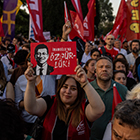
The Strongman Illusion 
Turkey’s slide into authoritarianism was facilitated by collaborators, enablers, and an inept opposition.



Turkey’s slide into authoritarianism was facilitated by collaborators, enablers, and an inept opposition.
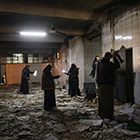
Hope has been restored for many Syrians. But vigilance will be needed to ensure that democratic institutions emerge and withstand autocratic impulses.
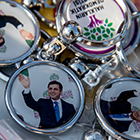
In the run-up to last year’s election, there was some hope that a united front could unseat the president. But political divisions, along with significant state repression, thwarted that effort.
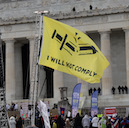
The contemporary right has inherited two seemingly contradictory impulses from the neoliberal era: anti-democratic politics and a libertarian personal ethic.
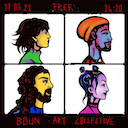
The Turkish government’s crackdown on protests at Boğaziçi University earlier this year has brought together the broadest coalition of AKP opponents since the 2013 Gezi Park protests.
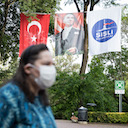
The COVID-19 crisis has given autocrats an excuse to expand and deepen their power—while making the spread of the pandemic worse.
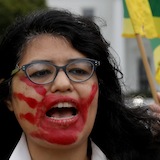
Turkey’s invasion of northeastern Syria is a terrible blow for the international left.
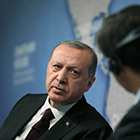
If progressive critics of neoliberalism aim to recuperate the national arena to regain policy space back from global capital, they also need to think hard about how to challenge capitalists they face at home.
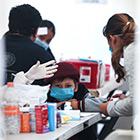
A neoliberal vision of public health and anti-immigrant politics have turned healthcare into a border zone.
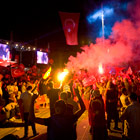
Voters worldwide have been making some alarming decisions lately, but none have gone so far as to vote democracy itself out of existence. On Sunday, Turkey seems to have done just that.
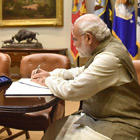
From India to Turkey to the Philippines, authoritarian-leaning leaders of major world democracies have refined a set of strategies to make their countries less democratic. Here are five common tactics to watch out for.
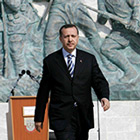
Lessons from the autocrats’ toolkit.
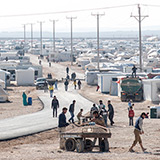
As aid groups struggle to provide even basic services, refugees have turned to overt and contentious modes of resistance to shape their own lives. What do these protests tell us about our existing system of humanitarian response?
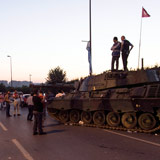
Amid mass purges, arbitrary detention, and a top-down restructuring of state and society, the Turkish government’s response to July’s failed military takeover is starting to look a lot like earlier coups.
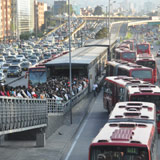
Since the early 2000s, when the Shell-backed EMBARQ began promoting bus rapid transit (BRT), a wide range of philanthropists and transit advocates have seized on the “technical fix,” which promises to solve a recognized problem without challenging the power relationships that created it.